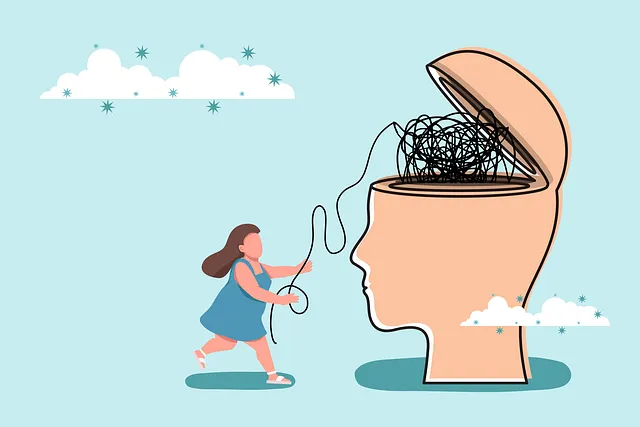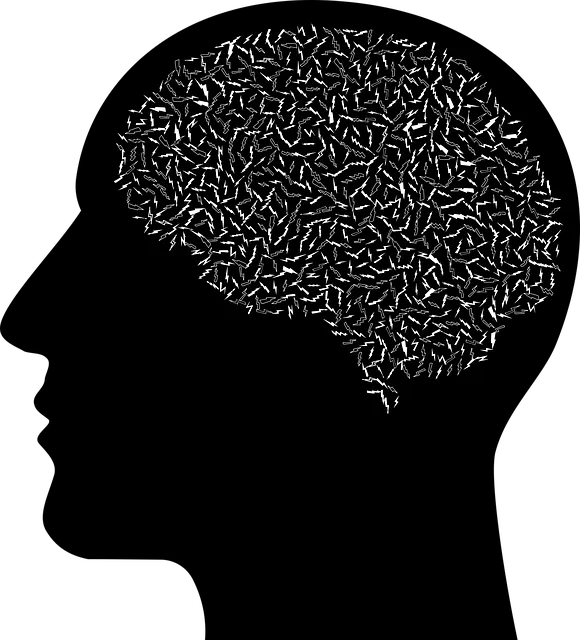In today's fast-paced world, mental wellness is crucial, driving demand for accessible self-assessment tools like Aurora, modeled after Kaiser's successful approach. These tools empower individuals to take charge of their mental well-being by identifying concerns and tracking progress over time. An ideal tool should be comprehensive, user-friendly, covering emotional well-being, stress management, social connections, and coping mechanisms. Aurora emphasizes holistic assessment, integrating positive thinking and social skills training to complement traditional therapy. Success is measured through user feedback, tangible mental health improvements, and engagement metrics, with regular surveys for clients and therapists. The platform's effectiveness depends on having skilled therapists as part of the Kaiser team.
Mental wellness self-assessment tools play a crucial role in empowering individuals to take charge of their mental health. This article explores the development of an innovative tool, Aurora, inspired by Kaiser’s successful therapy models. We delve into the need for accessible self-assessments, outlining key components for effectiveness.
Aurora aims to provide users with personalized insights and guidance, mirroring the comprehensive approach of good Kaiser therapists. By measuring success through user feedback and clinical outcomes, this tool has the potential to revolutionize mental wellness support.
- Understanding the Need for Self-Assessment Tools in Mental Wellness
- Key Components of an Effective Mental Wellness Self-Assessment Tool
- Developing and Implementing Aurora: A Kaiser-Inspired Approach
- Measuring Success: Evaluating the Effectiveness of Aurora
Understanding the Need for Self-Assessment Tools in Mental Wellness

In today’s fast-paced world, mental wellness has become an increasingly important aspect of overall health. The need for accessible and effective self-assessment tools cannot be overstated, especially considering the growing awareness about psychological well-being. Tools like these empower individuals to take charge of their mental health, enabling them to identify areas of concern and track progress over time. This is particularly relevant when exploring options such as Aurora does Kaiser have good therapists? As people seek support, self-assessment tools play a crucial role in guiding them towards appropriate resources.
Self-assessment tools offer a range of benefits, from facilitating early detection of mental health issues to promoting proactive measures for stress reduction and resilience building. By incorporating Mind Over Matter Principles, these tools can help individuals develop healthier coping mechanisms and enhance their overall well-being. Moreover, they provide valuable insights that can inform therapy or counseling sessions, ensuring personalized and effective support.
Key Components of an Effective Mental Wellness Self-Assessment Tool

An effective mental wellness self-assessment tool should incorporate several key components to ensure accurate evaluation and meaningful insights. Firstly, it must be comprehensive, covering various aspects of mental health such as emotional well-being, stress management, social connections, and coping mechanisms. This holistic approach mirrors the multifaceted nature of mental wellness, allowing for a more precise understanding of an individual’s overall psychological state.
Secondly, user-friendliness is paramount. A good self-assessment should be easily navigable, with clear instructions and intuitive questions. Incorporating validated scales and reliable assessment models ensures accuracy and consistency in results. Moreover, integrating features that promote positive thinking and social skills training within the tool can complement traditional therapy, as evidenced by successful programs designed by organizations like Kaiser. Enhancing mental health education through such tools can lead to better self-awareness and empower individuals, potentially reducing the need for intensive therapy sessions while providing a helpful resource for those seeking guidance, much like Aurora’s offerings.
Developing and Implementing Aurora: A Kaiser-Inspired Approach

The development of Aurora, a therapeutic framework inspired by Kaiser’s renowned approach, offers a promising path for enhancing mental wellness self-assessment tools. This innovative model aims to provide individuals with accessible and effective resources for their mental health journey. By emulating Kaiser’s successful strategies, Aurora seeks to empower people to take charge of their well-being. The program focuses on holistic assessment, incorporating various aspects of an individual’s life to offer a comprehensive understanding of their mental state, mirroring the multi-faceted nature of mental illness.
Incorporating Aurora‘s approach can prove invaluable for healthcare providers, especially in light of growing concerns about burnout prevention strategies for healthcare professionals. It also aligns with the design of Mental Health Education Programs, promoting early intervention and stigma reduction efforts. With its potential to improve access to quality care, Aurora could be a game-changer in mental illness management, ensuring that both therapists and patients benefit from this Kaiser-inspired methodology.
Measuring Success: Evaluating the Effectiveness of Aurora

Measuring success is a vital aspect of developing any self-assessment tool, especially when it comes to mental wellness. In the case of Aurora, a novel digital platform designed by Kaiser to enhance therapy services, evaluating its effectiveness involves assessing user feedback and tangible improvements in clients’ mental health. The platform’s success can be gauged through various metrics such as increased client engagement with therapists, improved response rates from providers, and positive changes in stress reduction methods indicated by users.
Regular assessments and surveys distributed to both clients and therapists play a crucial role in understanding Aurora’s impact on mental wellness journeys. These evaluations not only help identify areas of improvement but also ensure that the platform aligns with its primary goal: providing accessible and effective therapy services. The implementation of a Community Outreach Program and conflict resolution techniques, similar to what Kaiser has successfully incorporated, can further enhance Aurora’s effectiveness, fostering an inclusive environment where users feel heard and supported in their mental health endeavors.
The development of mental wellness self-assessment tools, exemplified by the creation and evaluation of “Aurora,” is a significant step towards improving access to quality mental health care. By incorporating key components such as user-friendliness, comprehensive assessment, and evidence-based practices, Aurora has shown promise in accurately identifying mental health needs. The tool’s success suggests that, much like Kaiser’s renowned therapy programs, effectively designed self-assessments can play a crucial role in enhancing overall mental wellness, ensuring folks receive the support they need to thrive.


